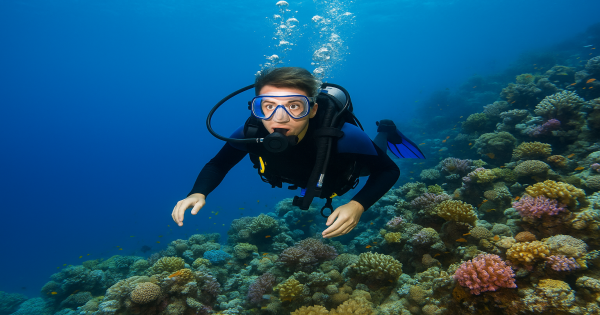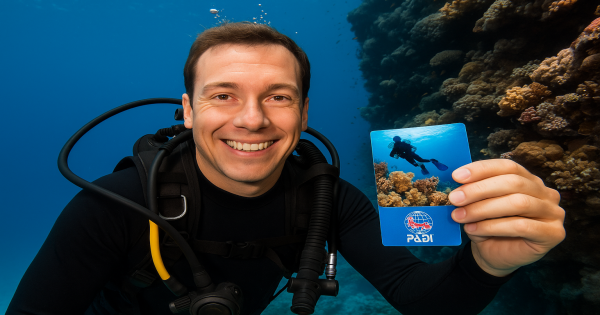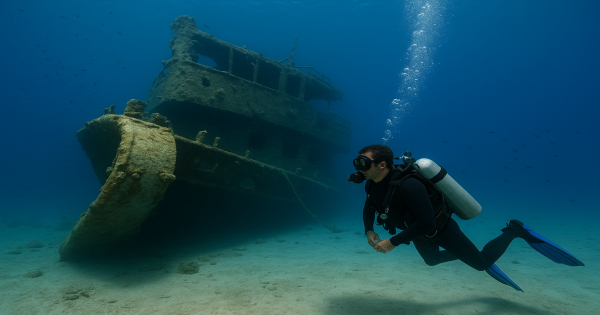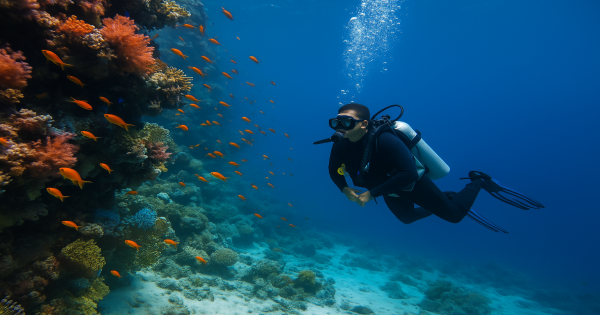Blog Details
how to equalize ears while scuba diving
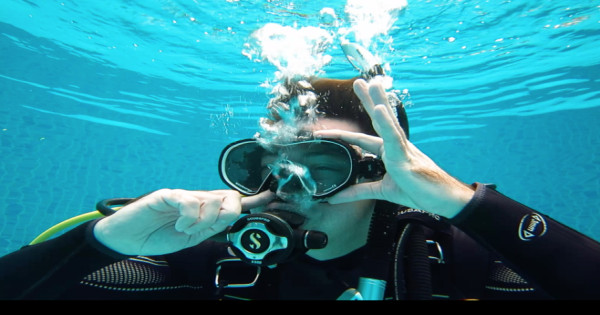
There’s nothing quite like the thrill of descending into the underwater world — colorful reefs, majestic marine life, and a sense of peace that only diving can offer. But for many divers, especially beginners, one common obstacle can get in the way: ear pressure. If you’ve ever felt sharp pain or discomfort in your ears while diving, you’re not alone. The good news? You can fix it easily. In this guide, we’ll show you how to equalize ears while scuba diving, so you can dive deeper, stay longer, and feel more comfortable under the sea.
Why Ear Equalization Is Essential While Diving
When you descend underwater, the pressure increases. Your body adjusts in most places naturally, but your middle ears need a little help. If you don’t equalize properly, the pressure difference can cause pain or even damage your eardrums. Equalizing is not just a safety step — it’s key to enjoying your dives.
Understanding How Equalization Works
Your ears are connected to your throat by the Eustachian tubes. These tubes open briefly to let air in and equalize pressure. When diving, you need to help this process happen more frequently, especially during descent. Learning how to equalize ears while scuba diving ensures these tubes stay open and your ears remain pain-free.
Common Ear Equalization Techniques
Here are the most effective ways to equalize your ears while diving:
-
Valsalva Maneuver: Pinch your nose and gently blow.
-
Toynbee Maneuver: Swallow with your nose pinched.
-
Frenzel Maneuver: Close the back of your throat and push your tongue upward.
-
Swallowing or Jaw Movements: Helps open the Eustachian tubes naturally.
Try these on land to see what works best for you — and remember, never force it.
📧 Contact us at [email protected]
📞 Or call +201092856966 to customise your diving holiday.
Best Practices for Easy Equalization
To make equalization smooth and avoid problems:
-
Start equalizing before you feel pain.
-
Equalize early and often — every few feet on descent.
-
Descend slowly and feet first.
-
Avoid diving if you have a cold or congestion.
-
Don’t dive with blocked sinuses or ears — it’s not worth the risk.
What to Do If You Can’t Equalize
If you’re struggling:
-
Stop your descent immediately.
-
Ascend slightly and try again.
-
Relax your jaw and neck.
-
If discomfort persists, end the dive safely.
Pushing through pain can cause barotrauma, a serious ear injury.
Train Your Ears Before You Dive
Just like your body needs to be fit for diving, your ears do too. Practice equalization techniques regularly. Stay hydrated, avoid smoking, and treat any allergies or nasal issues before diving. The more you practice, the easier it gets.
Conclusion
Diving should be enjoyable, not painful. Mastering how to equalize ears while scuba diving gives you the freedom to explore the underwater world in comfort and confidence. It’s one of the most important skills you can develop — and it only takes a little practice. Whether you're diving for the first time or getting certified, make sure your ears are ready.
📧 Contact us at [email protected]
📞 Or call +201092856966 to customise your diving holiday.
